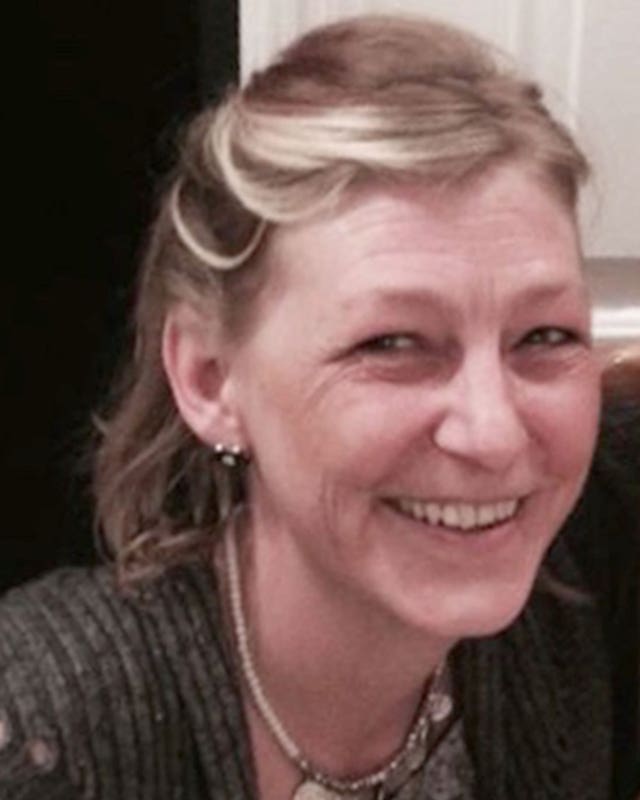
A former police officer who was poisoned by Novichok held back tears as he gave evidence to the Dawn Sturgess Inquiry about how the incident had affected him mentally and physically.
Nick Bailey was contaminated after the nerve agent was smeared on former Russian spy Sergei Skripal’s door handle in Salisbury in March 2018.
The poisoning of Mr Bailey followed the attempted murder of Mr Skripal and his daughter Yulia and came a few months before Ms Sturgess, 44, died after being exposed to Novichok left in a discarded perfume bottle in nearby Amesbury, Wiltshire.
Questioning Mr Bailey on his recollection of events on Thursday, counsel to the inquiry Francesca Whitelaw KC said: “It is fair to say the poisoning had a very significant mental and physical impact on you.”
Mr Bailey appeared to well up as he nodded in response to Ms Whitelaw.
At the beginning of his evidence, Mr Bailey said: “My recollection of the events of March 2018 is hazy at best.
“I spent a lot of time dealing with it when it happened and dealing with the aftermath of it, processing it, and I got to a point where the only way for me to kind of move on from it was to stop thinking about it and to close it off.
“So it’s been some time since I have actually had to then go back to those events – so yes, my memory of the incident isn’t the best.”
Mr Bailey frequently referred to his witness statement throughout his evidence and recalled a colleague calling the control room to say “a Russian spy has been poisoned”.
He told the inquiry: “It is not something that I had heard before and it’s not something I had thought I would ever hear again.
“It was a bizarre incident.
“I remember thinking ‘I will never hear that phrase on a Wiltshire Police radio again’.”

Mr Bailey was then asked to recall entering Mr Skripal’s address, detailing everything he touched in the house.
He also spoke of how his symptoms worsened overnight after being poisoned, with him feeling “incredibly hot” and sweating.
He said: “Overnight, I would describe it as getting a lot worse.
“I went down at around five in the morning because I was freaking out a little and my vision was impaired.
“Once I turned the lights on, everything was crystal clear and it was juddered as opposed to being a smooth motion of looking around.
“It was almost in frames – it was quite scary.”
The inquiry chairman Lord Hughes concluded Mr Bailey’s evidence by saying: “I am very conscious you have had to relive a very nasty experience but it was necessary and thank you for doing it.”
The inquiry continues.


Why are you making commenting on The National only available to subscribers?
We know there are thousands of National readers who want to debate, argue and go back and forth in the comments section of our stories. We’ve got the most informed readers in Scotland, asking each other the big questions about the future of our country.
Unfortunately, though, these important debates are being spoiled by a vocal minority of trolls who aren’t really interested in the issues, try to derail the conversations, register under fake names, and post vile abuse.
So that’s why we’ve decided to make the ability to comment only available to our paying subscribers. That way, all the trolls who post abuse on our website will have to pay if they want to join the debate – and risk a permanent ban from the account that they subscribe with.
The conversation will go back to what it should be about – people who care passionately about the issues, but disagree constructively on what we should do about them. Let’s get that debate started!
Callum Baird, Editor of The National
Comments: Our rules
We want our comments to be a lively and valuable part of our community - a place where readers can debate and engage with the most important local issues. The ability to comment on our stories is a privilege, not a right, however, and that privilege may be withdrawn if it is abused or misused.
Please report any comments that break our rules.
Read the rules here